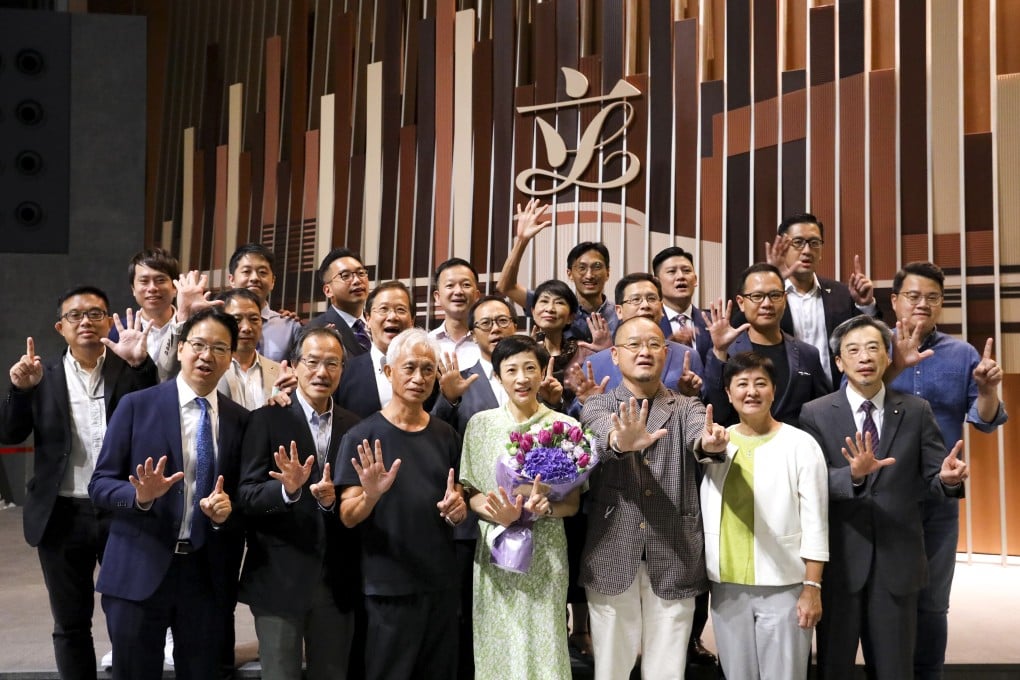Opinion | How Hong Kong’s pro-democracy camp can use the extended Legislative Council term to stay relevant
- Opposition lawmakers who stay on must prove themselves even more effective without resorting to the tactics of those who chose to depart
- They should also find a viable candidate for the office of chief executive, one who Beijing would not categorically reject and who they can nominate and back

As Chan noted, if more lawmakers had quit, the work of monitoring the pro-establishment lawmakers remaining in Legco would have to be done from outside the legislature.
Chu and Chan got to quit on principle because enough pan-democrats choose the difficult and messy route of staying on to keep the government and pro-establishment camp in check. Although they opposed postponing the elections, to fulfil their obligation to Hongkongers and their public office, staying on is the responsible thing to do.

01:01
Most of Hong Kong’s opposition lawmakers to serve out extended term in Legislative Council
That’s why it is of utmost importance for those remaining in the chamber to work together and demonstrate the value of an effective and meaningful opposition. Forging consensus and building real unity within the camp is essential.
